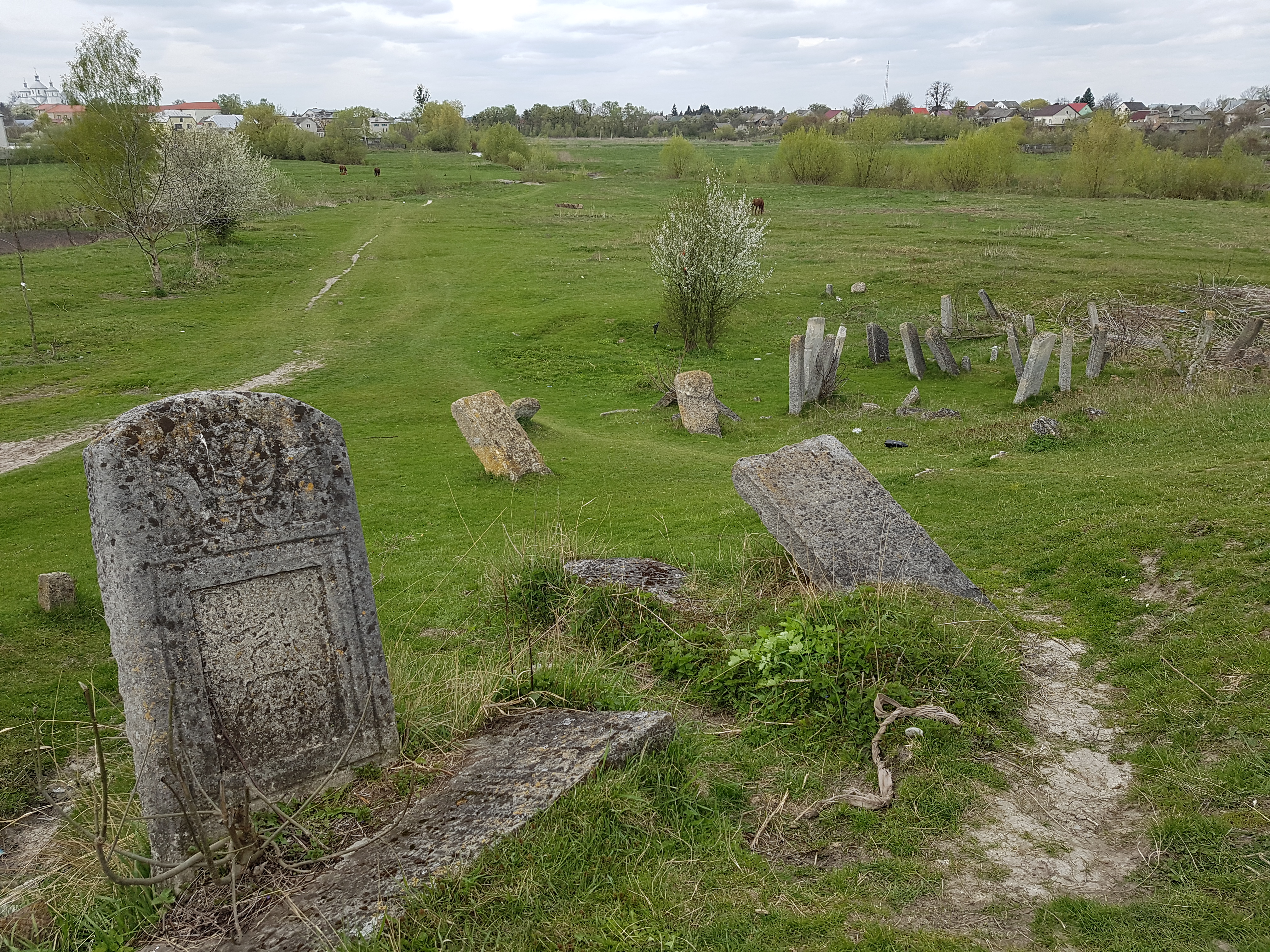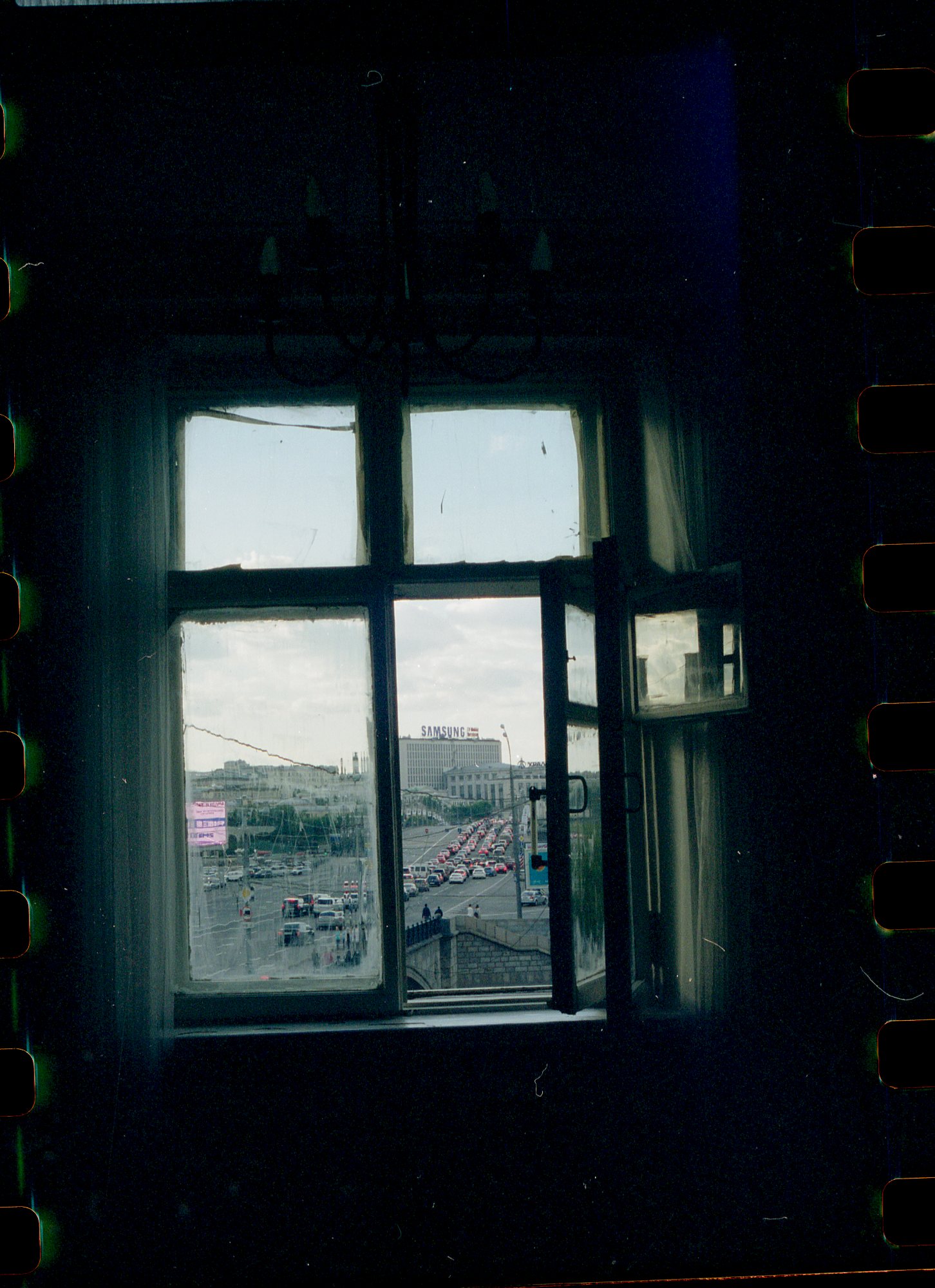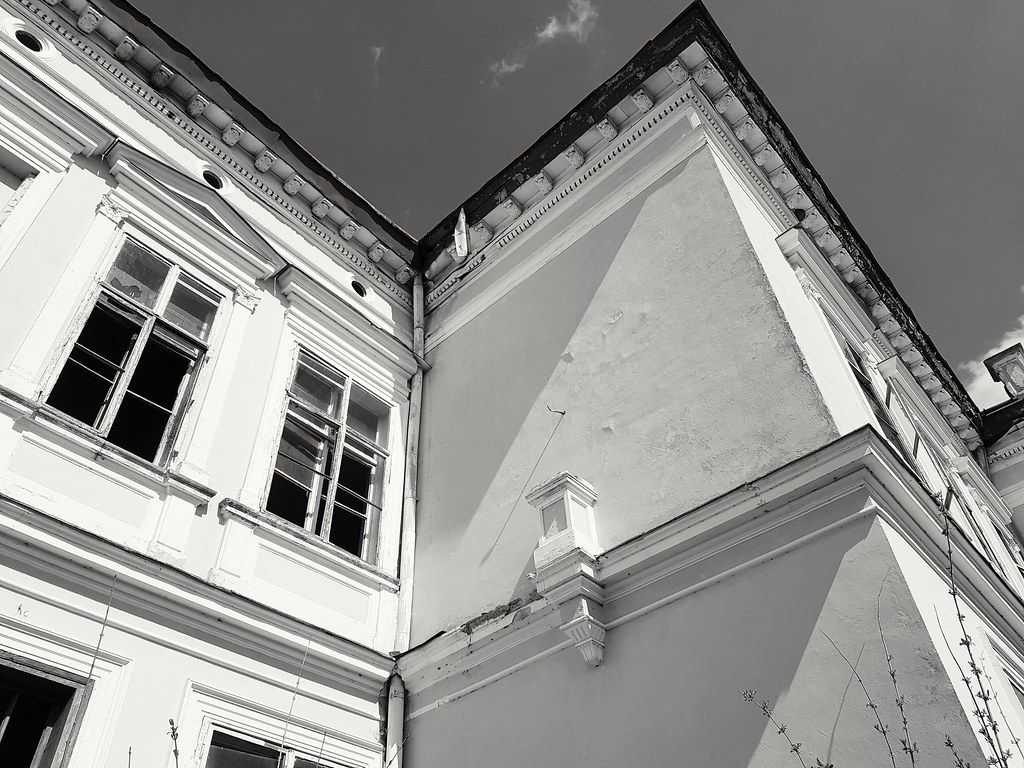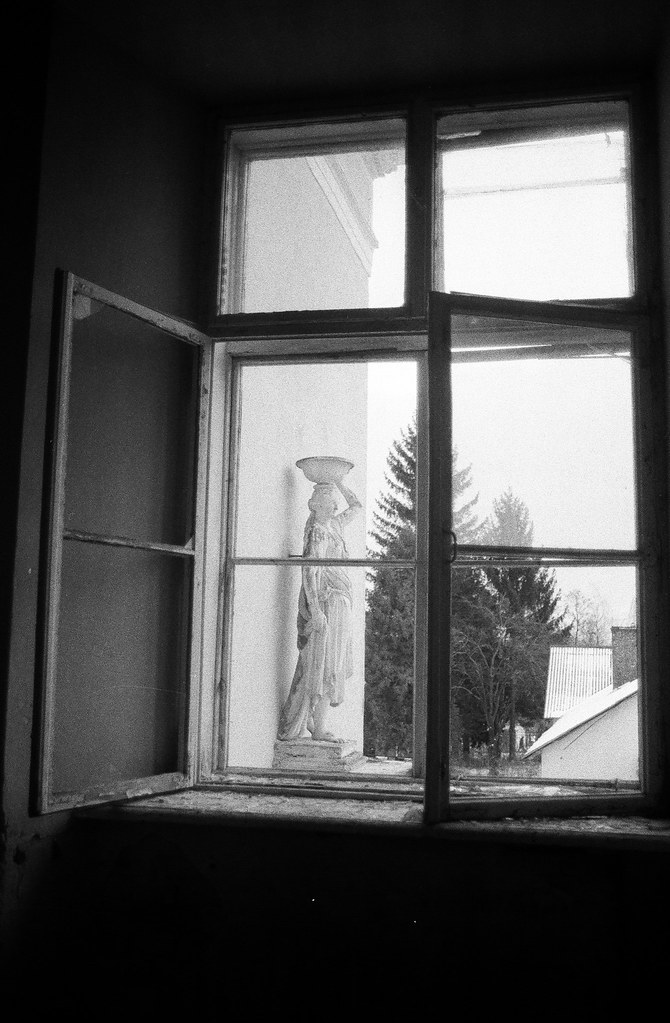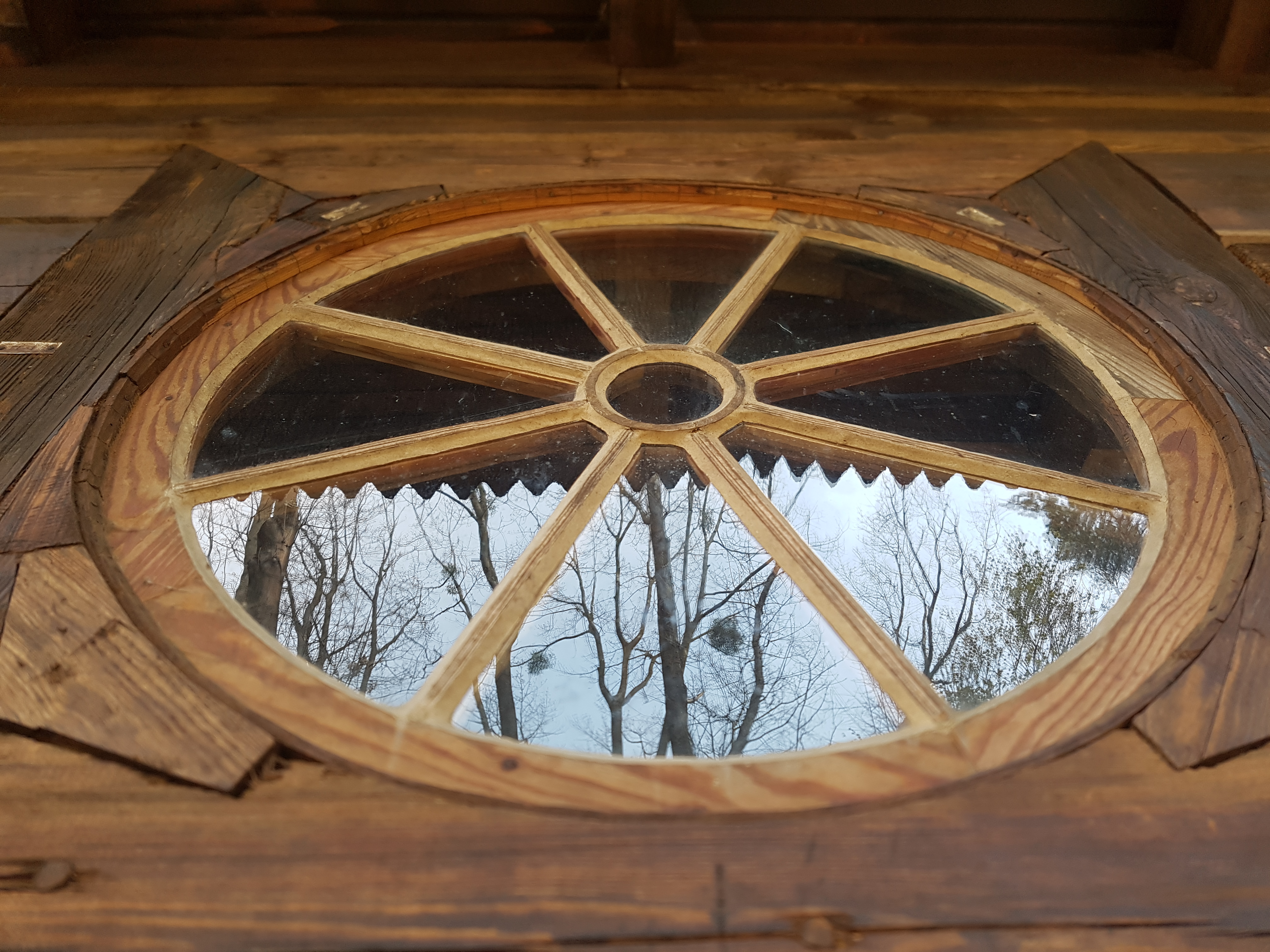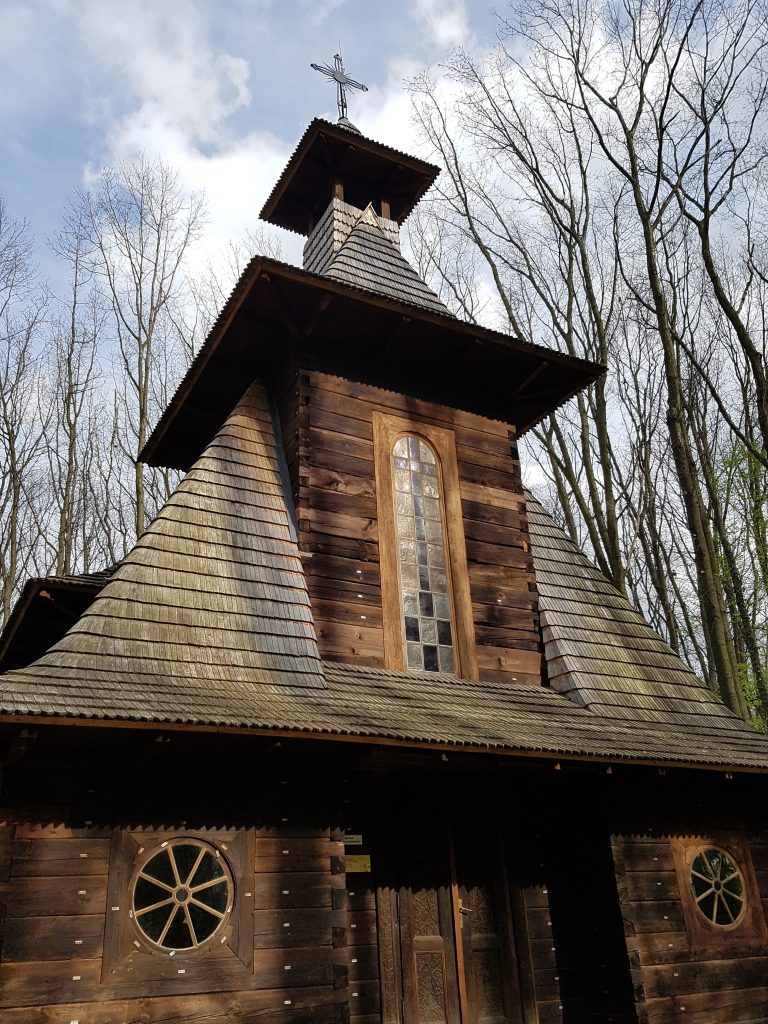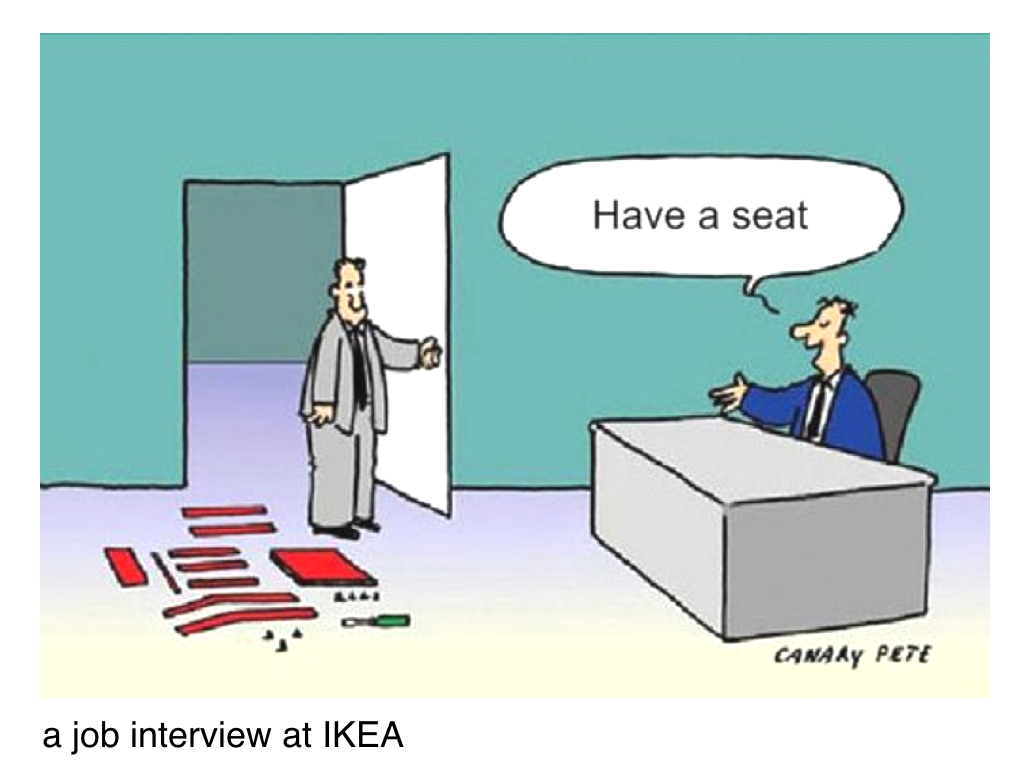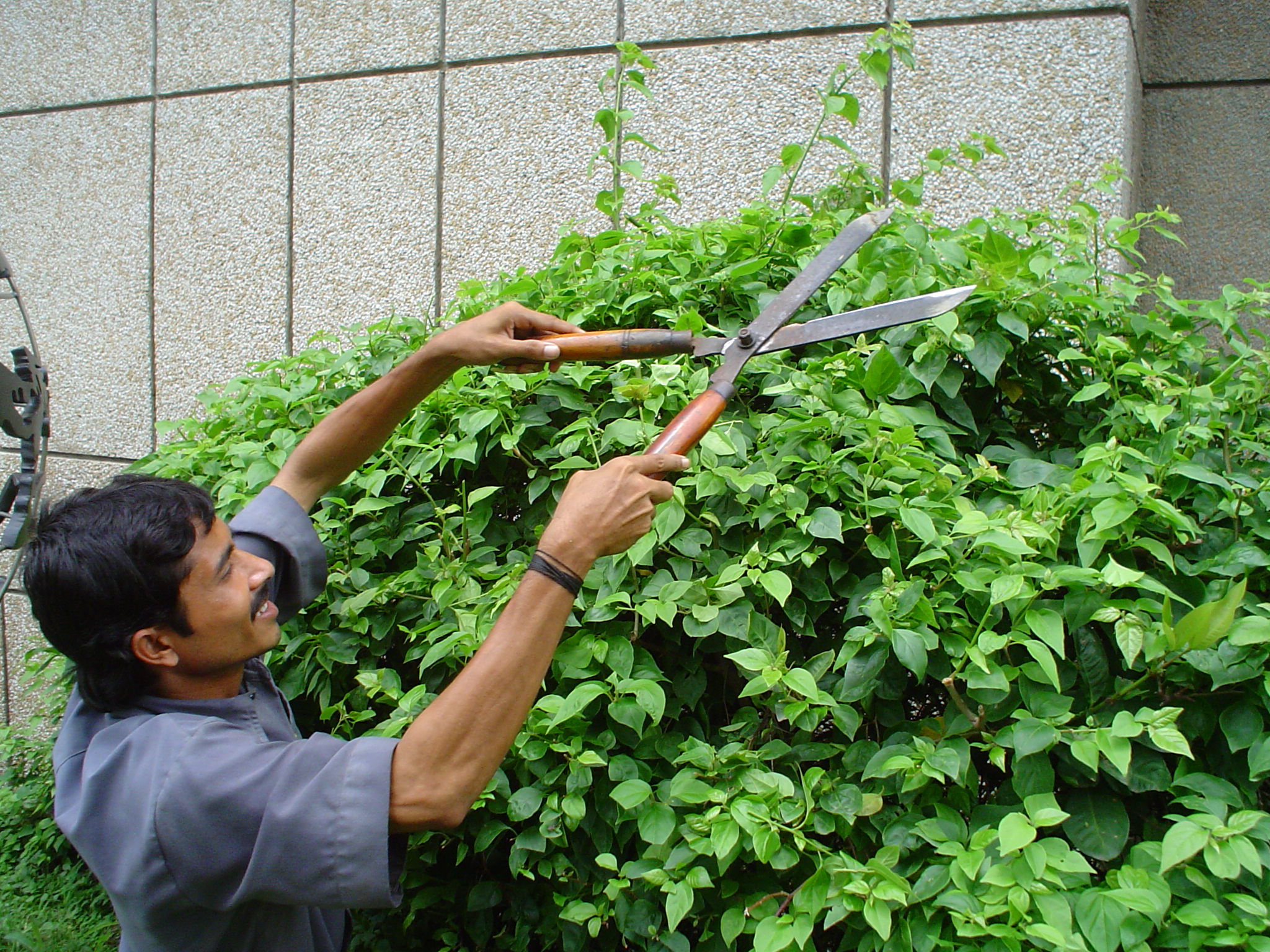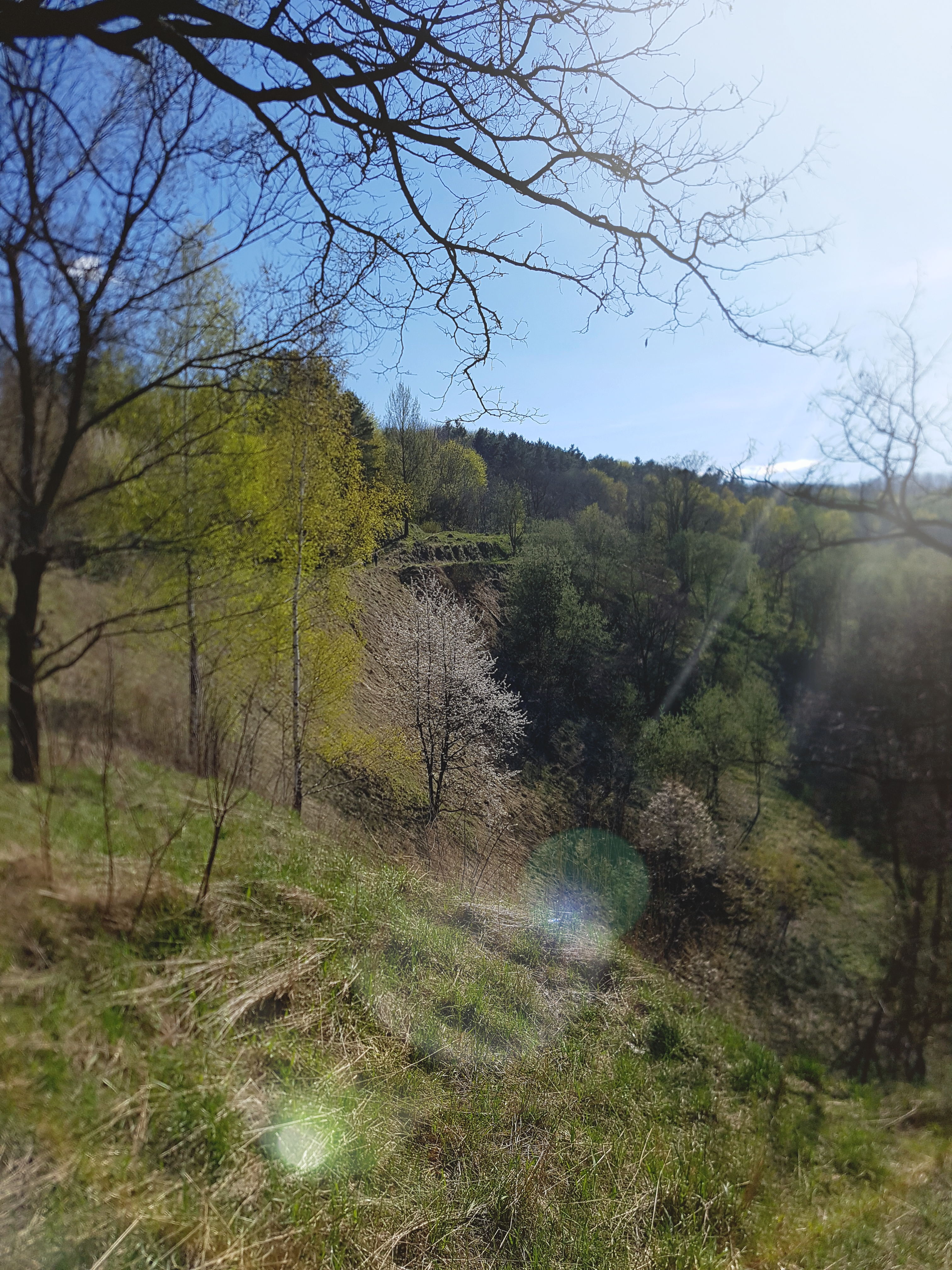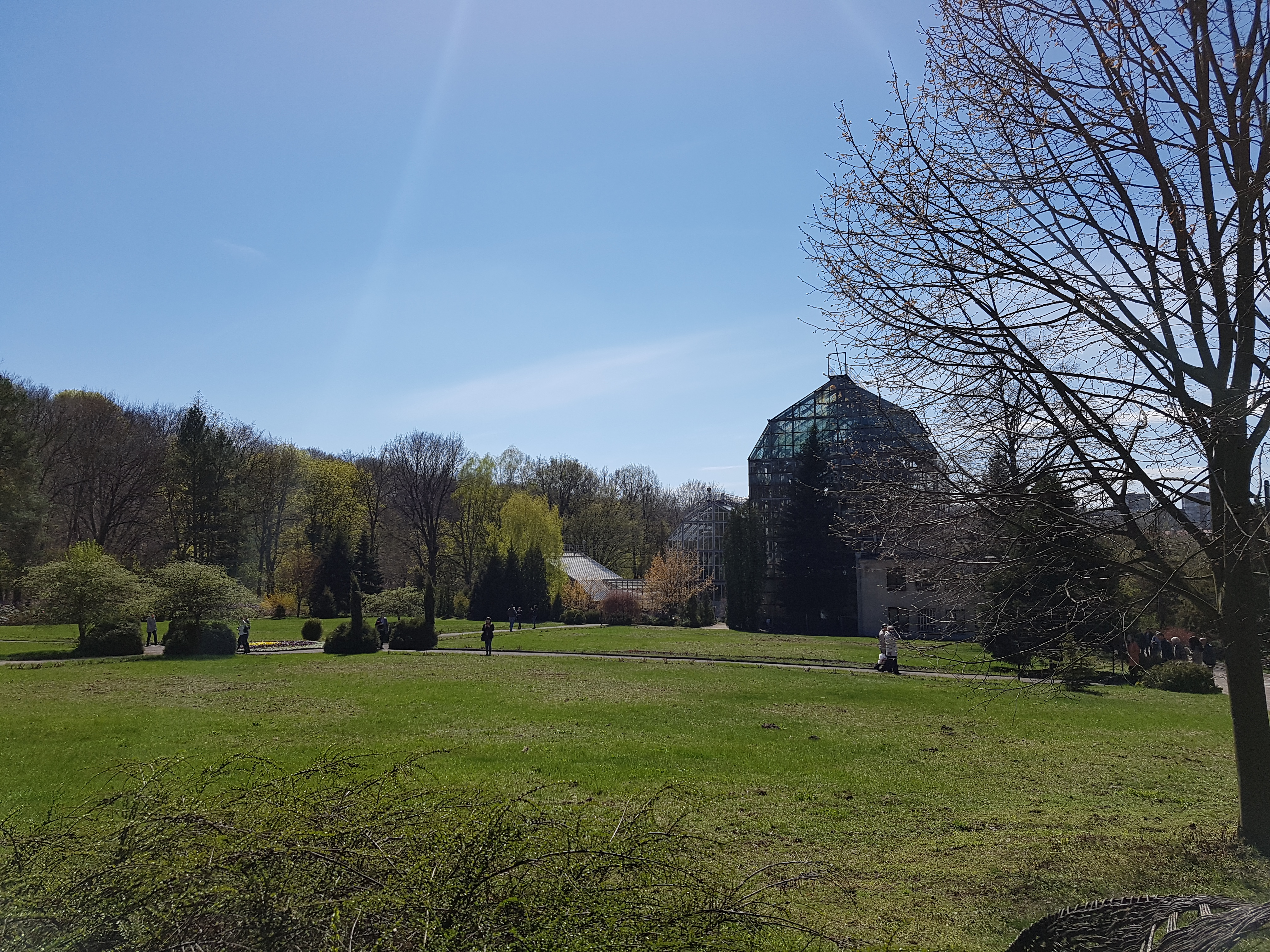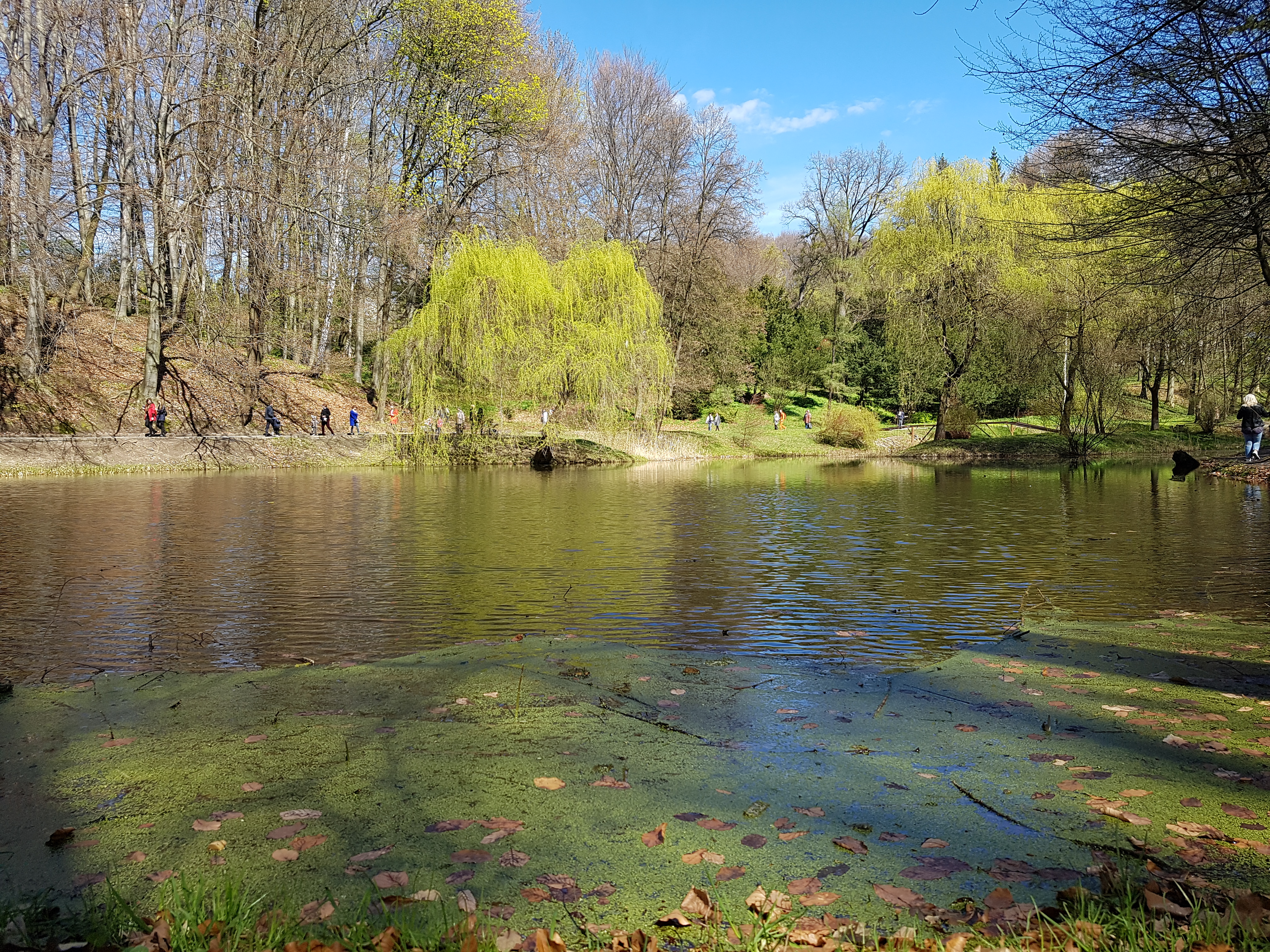“I Ukraina har vi många monument över död”
Category: antisemitism, by sophie engström, krönika, ukraina
Tags: Busk, Förintelsen
“Vad söker ni?”, frågar han när han kommer mot oss uppför sluttningen. “Ingenting särskilt. Vi bara tittar runt”, säger vi och nickar mot sluttningen som innehåller lämningarna efter den judiska begravningsplatsen i Busk.
Vi börjar gå tillsammans nerför gatan. Lämnar begravningsplatsen och det öppna fältet som sträcker sig mellan den och staden Busk bakom oss. “Det var hemskt”, tar han vid. “Ja, jag var inte med. Det är min bror som berättat för mig. Dödandet pågick i dagar. Tusentals ligger där nere.” Vi går en stund under tystnad, innan han säger: “Marken skakade i dagar efteråt”.
Sedan viker han av, och lämnar oss lika fort som han dök upp.
Massakern i Busk är ett minne staden lever med ännu. Trots att det egentligen är länge sedan, så har man inte glömt. Och det finns uppenbarligen behov av att prata om det med de få främlingar som dyker upp.
I juli 1941 tågade den tyska armén in i Busk. I staden bodde ungefär 1700 judar. I november 1942 inrättade tyskarna ett getto, dit man skickade även judar från byarna runt omkring Busk. Under vintern och våren började en grupp i gettot samla vapen. Under ledning av Jacob Eisenberg hoppades man att man skulle kunna bryta sig ut ur gettot och bege sig till skogen som angränsar till Busk.
Men det blev aldrig något uppror i Busk. I maj 1943 likviderades gettot. Det är inte känt hur många som ligger i massgravarna nedanför begravningsplatsen, men en utgrävning som gjordes för några år sedan visar att det var tusentals. De flesta som mördades var kvinnor, barn och äldre. I gravarna hittade man kropparna av kvinnor som höll sina spädbarn i famnen…
Det är outhärdligt att läsa om det, men så otroligt viktigt, att trots att det knyter sig i magen faktiskt göra det. När man står vid begravningsplatsen i Busk, eller när man kommer in i synagogan (som mirakulöst står kvar) är det svårt att förstå att den här staden faktiskt hade en så stor andel judiska invånare. De få tecken som finns kvar, blir till plågsamma påminnelser om vilken grymhet vi är kapabla till. För även om du och jag kanske aldrig skulle kunna pressa fingret på avtryckaren, så finns det likväl de i vårt släkte som faktiskt kan.
Som poeten, musikern och förläggaren Juriy Zavadovskij sa en gång till mig: i Ukraina har vi många monument över död.
Begravningsplatsen i Busk.
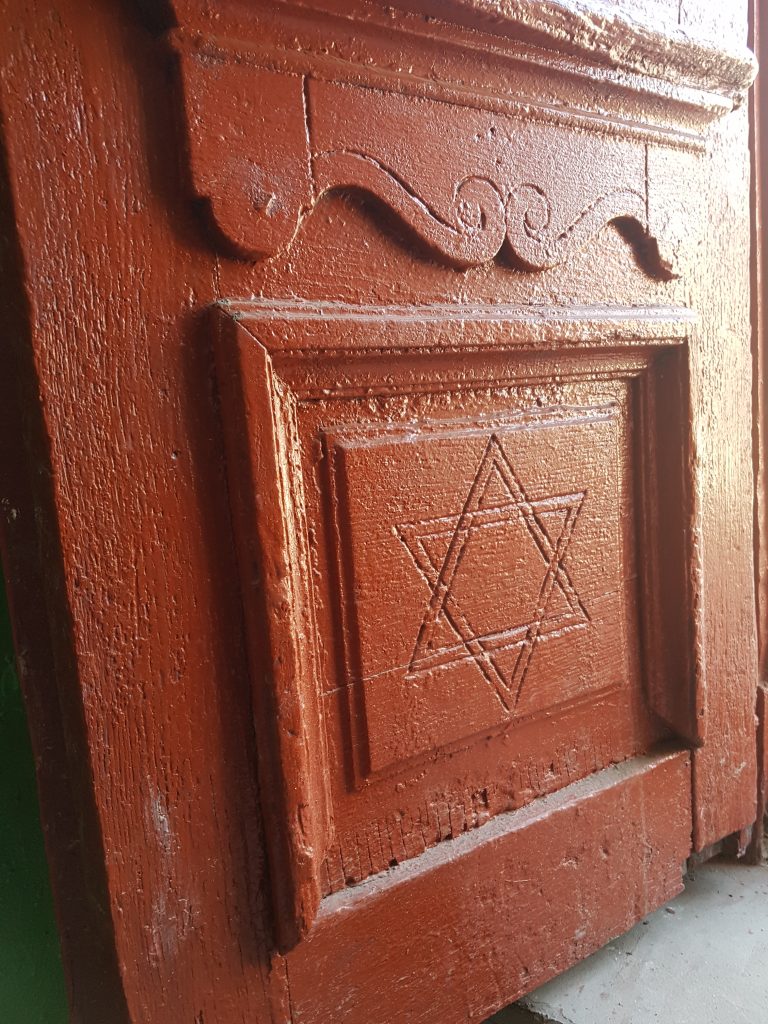
Synagogan i Busk. Idag är det ett bostadshus.


